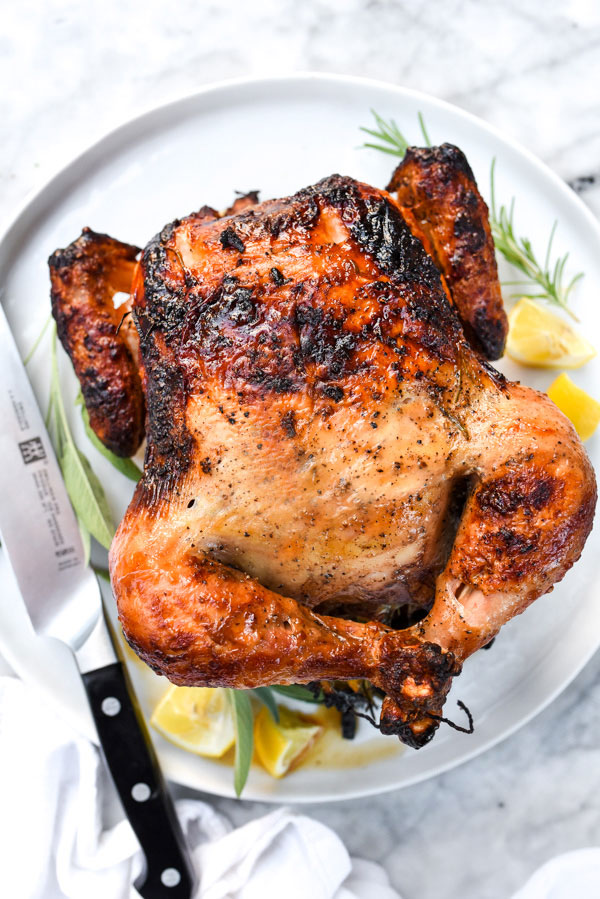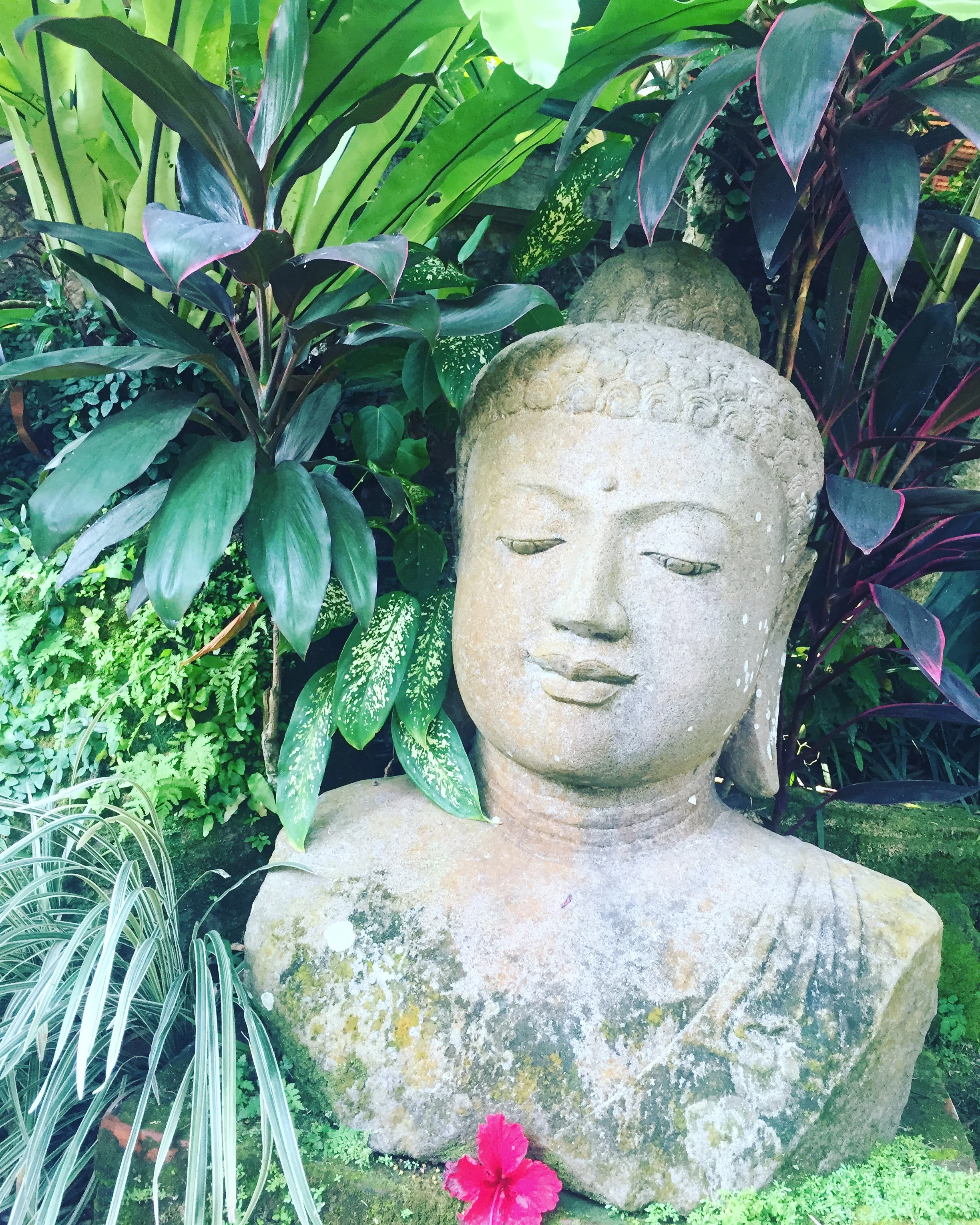This week has been a big one for my husband, Dr Oscar Duke. His documentary, Born Too White, aired on BBC Two on Thursday 23rd February at 9pm. You might have caught him chatting on Radio 1's The Surgery with Gemma Cairney, Radio 2's Jeremy Vine show, Radio 4's Midweek with Libby Purves or spotted him on the BBC Breakfast sofa discussing the subject matter of his film - the discrimination, mutilation and murder of people with Albinism in Tanzania and Malawi. Born Too White is a powerful, informative and emotional watch and I'm exceptionally proud of him for developing, pitching, securing a commission for - and finally making - the film. No mean feat!
Here's Oscar's accompanying blog for The Huffington Post and a nudge to head over to iPlayer to catch this one of a kind documentary.
BORN TOO WHITE: http://www.bbc.co.uk/iplayer/episode/b08g8p7s/this-world-born-too-white
Oscar has worked closely with Standing Voice (a charity tackling the social exclusion of people with albinism in Tanzania), in the making of Born Too White. Should you wish to make a donation, the link is here: http://www.standingvoice.org/donations
Over to my other half...
"When we’re born, the world meets for the first time a genetic cocktail, expertly mixed together with equal measures from the store cupboard that is our Mum and Dad’s DNA code. We all know which bits of our genetics we’re proud of, and probably have some bits we’d rather upgrade, particularly in the airbrushed, filter swapping, image cropping, media world we find ourselves in today. When I was born, one of my less high-spec genes coded for albinism, a genetic condition causing a failure in melanin production - a vital pigment responsible for colouring skin, hair and eyes. People with albinism, or, ok I’ll say it, ‘Albinos’, have significant visual impairment, white skin and very fair hair.
At birth, my parents were told I would not be able to attend a mainstream school and were given lists of the things that my visual impairment would prevent me from doing. Nobody ever suggested that there’d be ample Hollywood career opportunities to play an evil albino monk in the Da Vinci Code and certainly nobody dreamed I’d end up as a doctor working for the NHS.
If I’d been born in some parts of Africa, things would have been very different. Imagine the shock for a couple, who both have black skin, when they give birth to a white child. Genetics wasn’t a prominent feature on the school curriculum and so they’ve got to try and explain to the rest of their community why their baby was born ‘too’ white. Unluckily, the local witchdoctor has an answer. Propagated over many generations, there are beliefs that the body parts of people with albinism can be used in potions to bring luck and fortune.
Albinism is quite rare in the UK with around 1 in 17,000 people being affected, but in parts of rural Tanzania, as many as 1 in 1,400 people have albinism. Here they are vulnerable not only to bigotry but also mutilation and murder. In the last ten years alone there have been 170 attacks on people with albinism in Tanzania, 70 of which were fatal. Many are killed for their body parts, which are believed to have magical powers. If you can provide body parts for use in such potions, you’ll be rewarded with thousands of dollars, with whole bodies said to fetch up to 75,000 USD. NGO research has suggested that attacks on people with albinism increase around the time of general elections when, it’s alleged, luck potions are purchased by those hoping for political power and glory.
Horrified by this discovery and unable to believe that this was still happening today, I travelled to Tanzania and Malawi, with cameras in tow for a new BBC TWO documentary, Born Too White. I wanted to meet the families who’d fallen victim to these cultural beliefs and to confront the people responsible for abducting, mutilating and murdering fellow humans because of a fault in their genetic makeup. As the burning African sun attacked the back of my neck for the first time, I realised another reality faced by Tanzania’s population of over 16,000 people with albinism. Sun related skin damage is rife, with reports suggesting that only 2% of people with albinism live beyond the age of 40 due to the astronomically high risk of skin cancer.
For the first time in my life I met huge numbers of people with albinism. Visiting the vision and skin cancer prevention clinics set up by UK charity, Standing Voice, I was struck by the openness with which attacks were discussed and the daily struggle faced by so many living with the condition.
Children with albinism are locked away in protectorate centres for their own safety, often disowned by their families with little hope of support or future life success. Spending the day with 15 year-old schoolboy Festo, who was targeted at the age of 7 and lost his left arm and most of his right hand in the vicious attack, will be etched in my mind forever. Despite severe visual impairment, loss of both limbs and untold psychological trauma, he was smiling, 3rd in his class and had mastered talents well out of my reach!
After much high-level negotiation, I was granted access to Malawi’s notorious Maula prison, to come face to face with the men held on remand for the latest murder of a person with albinism. With just Satan or the promise of huge financial reward as excuses for their actions, the disregard for life of this marginalised community in a culture of extreme poverty was harrowingly stark.
When times are hard and cultural belief so strong, the genetic lottery has never been such a high stake game. As I start to think about having children of my own and the possibility of passing albinism to the next generation looms, I cannot help but feel so grateful that in the UK, at least, the accepted spectrum of ‘normal’ continues to widen. After all, how ‘normal’ are you?"












